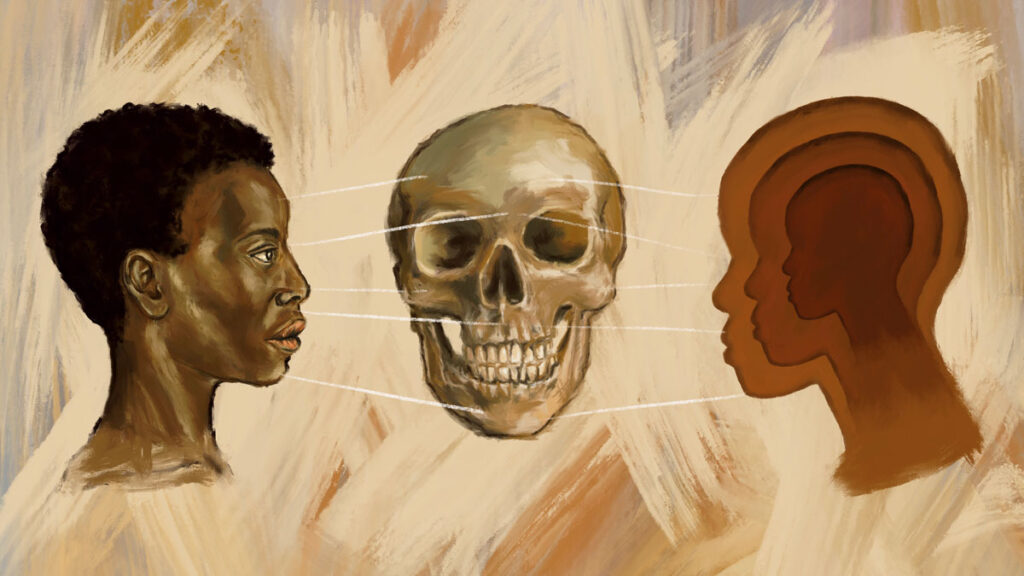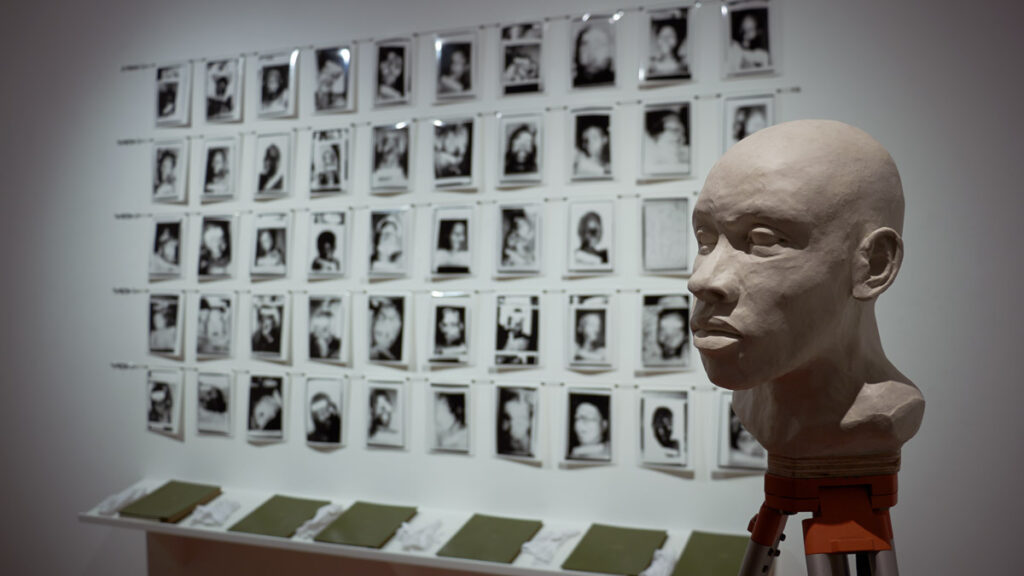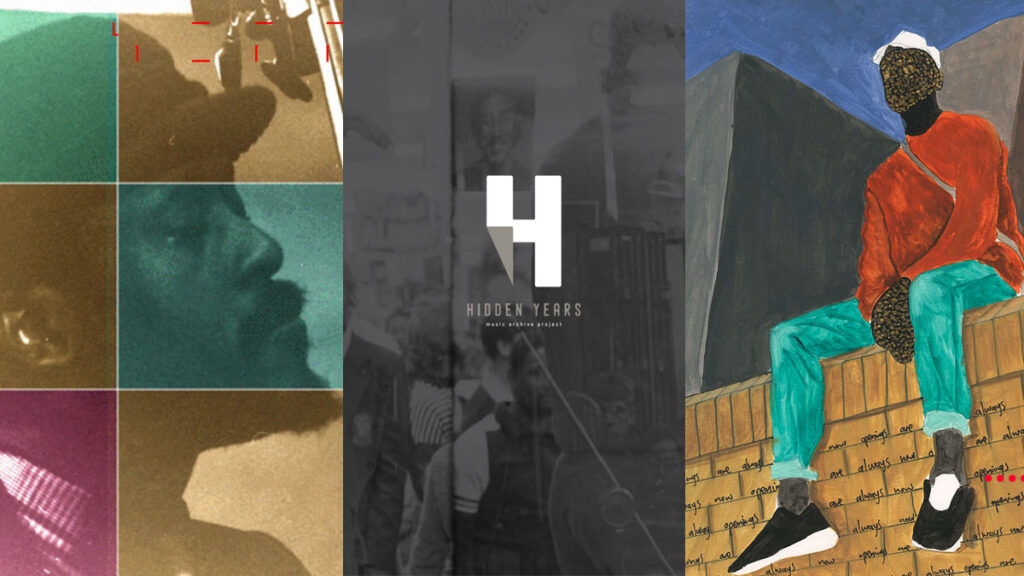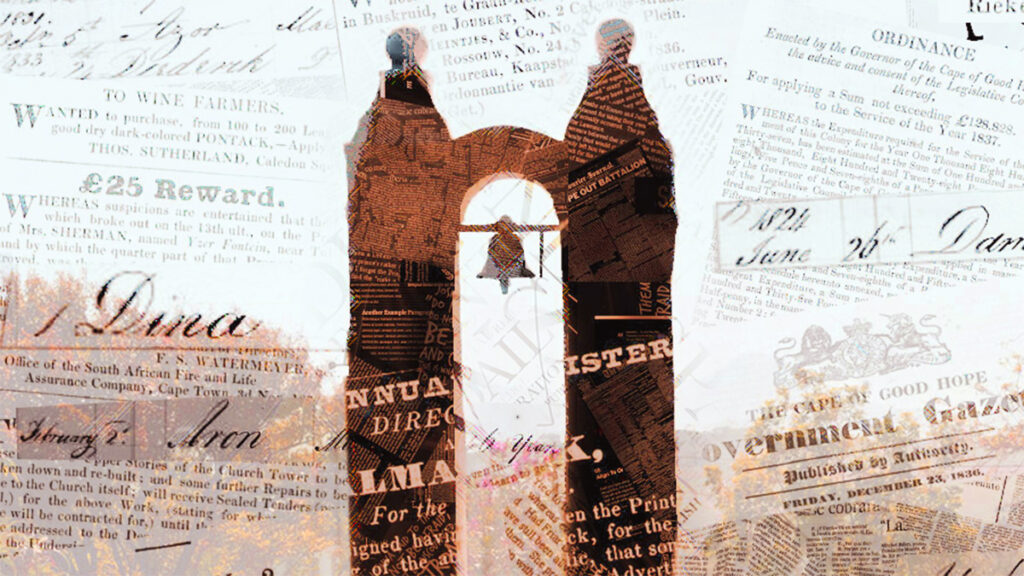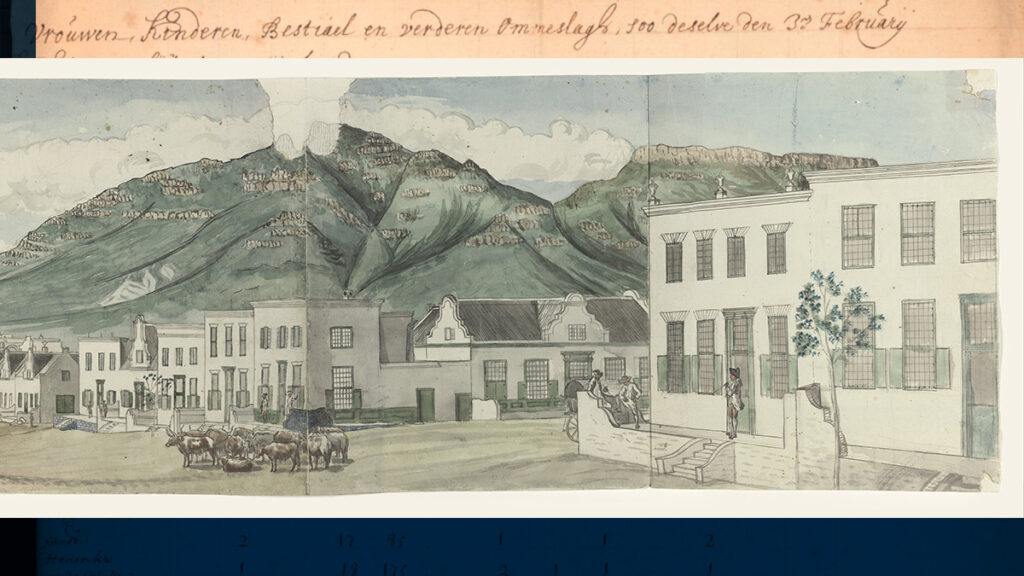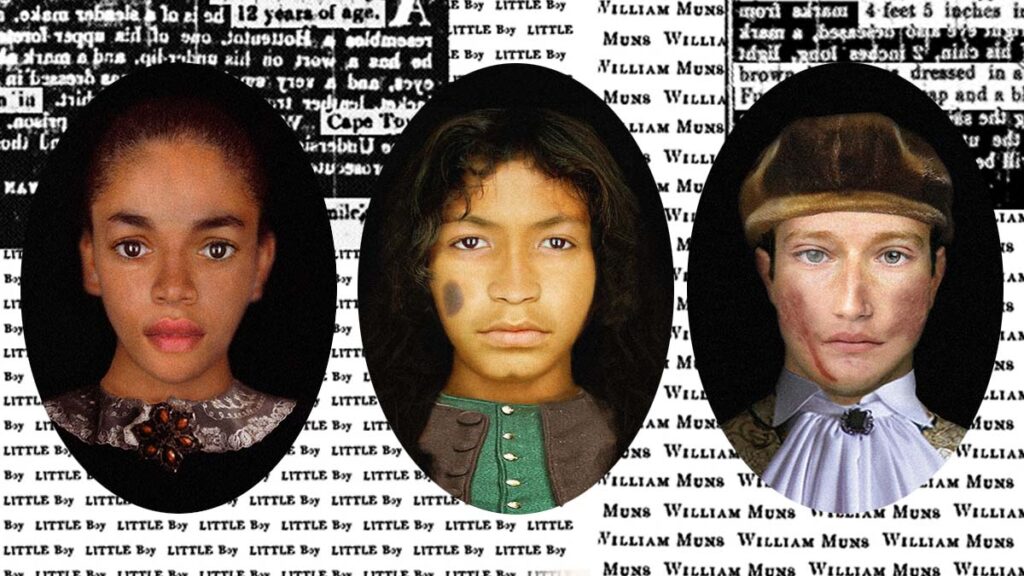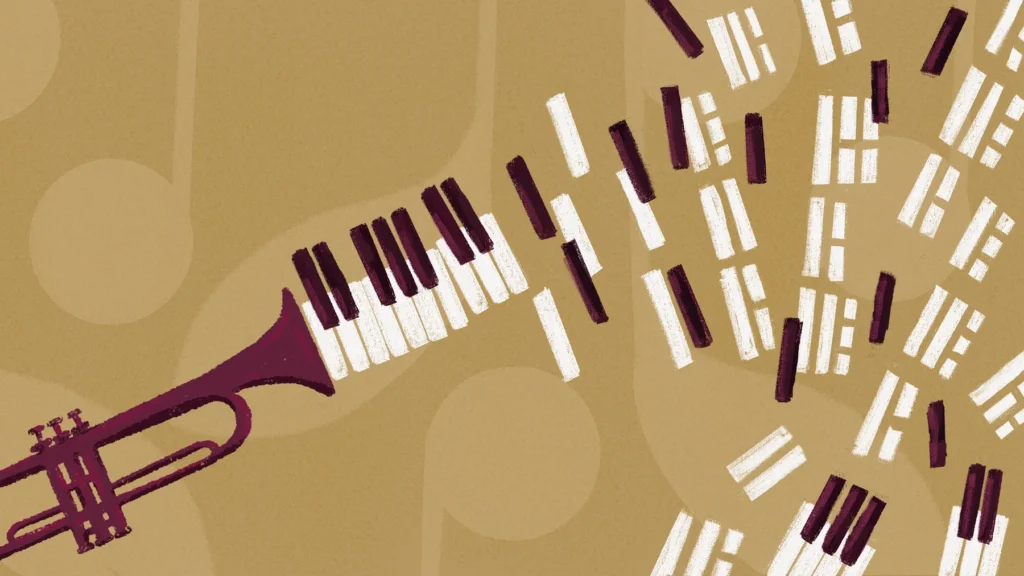
Mixing music and mathematics
Although we may listen to it daily, we seldom think of all the components that were combined to create our favourite piece of music. We don’t think about each musical note individually but rather hear and experience the bigger structure that constitutes the whole of these elements. Simply put, this is what Gestalt theory is all about – the whole being greater than its parts. Individual notes say nothing about the musical creation as a whole. They only make sense when a variety of them are organised rhythmically on various pitches and at different intervals to construct a melody.
